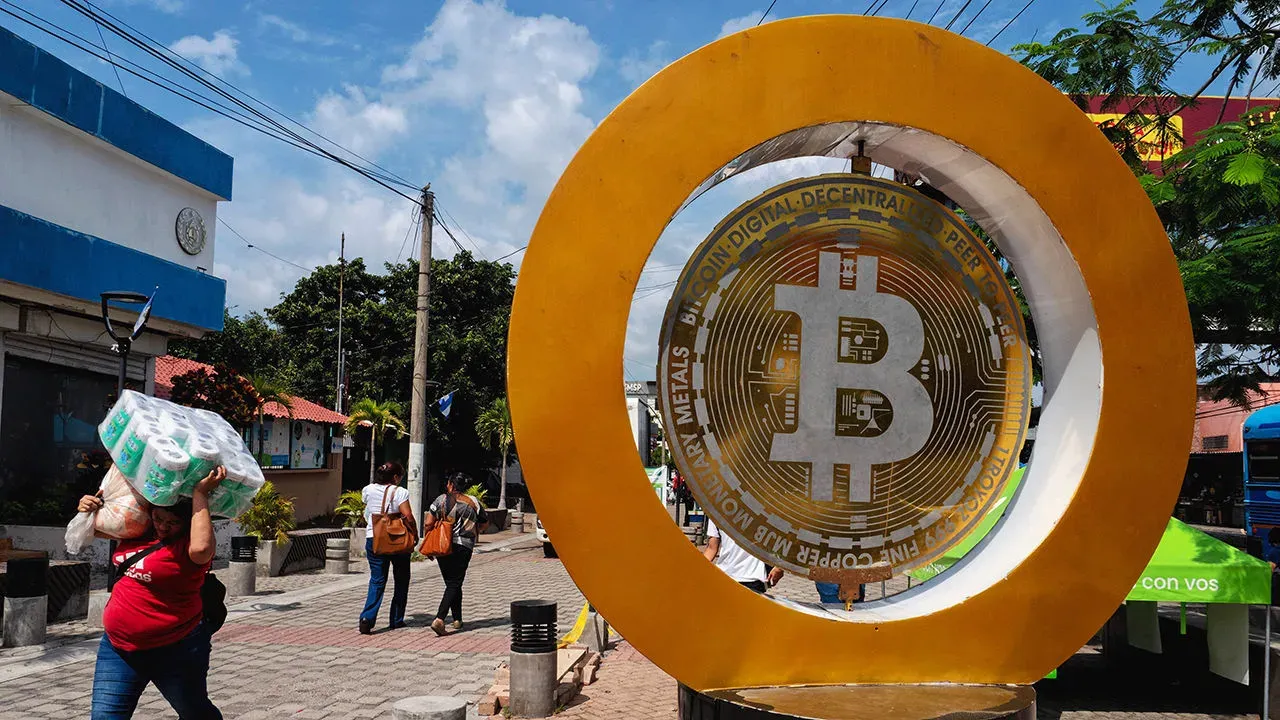Onchain Data Raises Doubts Over El Salvador’s Bitcoin Acquisition Claims

El Salvador remains at the forefront of Bitcoin adoption as the first nation to declare the cryptocurrency legal tender in 2021. The country’s leaders have consistently highlighted their commitment to building a substantial Bitcoin reserve, with President Nayib Bukele often sharing updates on social media about ongoing acquisitions. This approach has positioned El Salvador as a trailblazer in integrating digital assets into national policy, drawing both praise and criticism from global observers.
Recent revelations from onchain analyst Sani have intensified scrutiny surrounding these announcements. Sani, who founded the Time Chain Index platform, examined blockchain transactions and identified patterns that suggest the government may be moving existing Bitcoin holdings rather than purchasing new ones. These findings align with earlier statements from the International Monetary Fund questioning the nature of El Salvador’s Bitcoin activities. As the debate unfolds, the Bitcoin Office continues to frame each addition to the reserve as a fresh buy, leaving room for further questions about transparency.
Stay In The Loop and Never Miss Important Bitcoin News
Sign up and be the first to know when we publishEvidence of Bitcoin Movements Emerges
Sani’s analysis focused on specific wallet addresses tied to El Salvador’s operations, including one labeled 3KhF5JyMkTtViu2jnp5rffedQbVjydRYKC. On September 9, 2025, he noted a withdrawal of 63 BTC from the Binance exchange to this address, which has been associated with the country’s reported purchases. Further investigation revealed a cycle where funds move from government-linked addresses to Binance and back, creating the appearance of new inflows. This process, which Sani described as “Bitcoin recycling,” indicates internal shuffling rather than external acquisitions.
A notable example occurred on September 7, 2025, when President Bukele announced the purchase of 21 BTC to mark Bitcoin Day. According to Sani’s review, the transaction originated directly from the aforementioned address to other El Salvador-controlled wallets, bypassing any evident external source. Such patterns challenge the official narrative, as the government has not addressed these observations publicly. Blockchain transparency allows anyone to verify these movements, yet the lack of detailed explanations from authorities adds to the uncertainty.
The International Monetary Fund (IMF) has long voiced concerns over El Salvador’s Bitcoin strategy, particularly in light of a $1.3 billion funding agreement reached in December 2024. In a July 18, 2025, compliance report, the IMF stated that the public sector made no new Bitcoin purchases throughout the year, contradicting claims of daily accumulations. Julie Kozack, Director of the IMF’s Communications Department, reiterated this during a press briefing, emphasizing the consolidation of holdings across government wallets. These disclosures highlight a disconnect between international assessments and domestic reporting.
Despite the IMF’s position, El Salvador’s National Bitcoin Office persists in posting about acquisitions on its social media channels. For instance, recent updates have celebrated additions to the strategic reserve without specifying origins. This ongoing practice raises questions about compliance with the funding deal’s conditions, which include limiting public-sector involvement in cryptocurrency activities. As of late August 2025, the country redistributed its approximately 6,274 BTC holdings across 14 new wallets to mitigate potential quantum computing risks, a move that further underscores efforts to manage existing assets securely.
Sani’s declaration captures the core issue at hand. He pointed out that earlier IMF reports explicitly noted the absence of new buys, while El Salvador maintains its purchasing stance. This discrepancy prompts inquiries into whether the nation is simply transferring one BTC daily to its reserve wallet from internal sources. An official response from the government could clarify these transactions and restore confidence among investors and analysts.
The broader context of El Salvador’s Bitcoin journey involves balancing innovation with fiscal responsibilities. Since adopting Bitcoin, the country has navigated volatile markets and international pressures, including the partial rollback of its legal tender status in January 2025. Public holdings now stand at over 6,100 BTC, valued at around $678 million based on recent prices. While President Bukele has vowed to continue accumulation, the onchain evidence suggests a more cautious reality shaped by global financial demands.
Observers note that El Salvador’s approach has influenced other nations exploring digital assets, yet transparency remains key to sustaining trust. The Bitcoin Office’s unyielding announcements contrast with the analytical data, potentially affecting perceptions of the country’s economic strategy.

